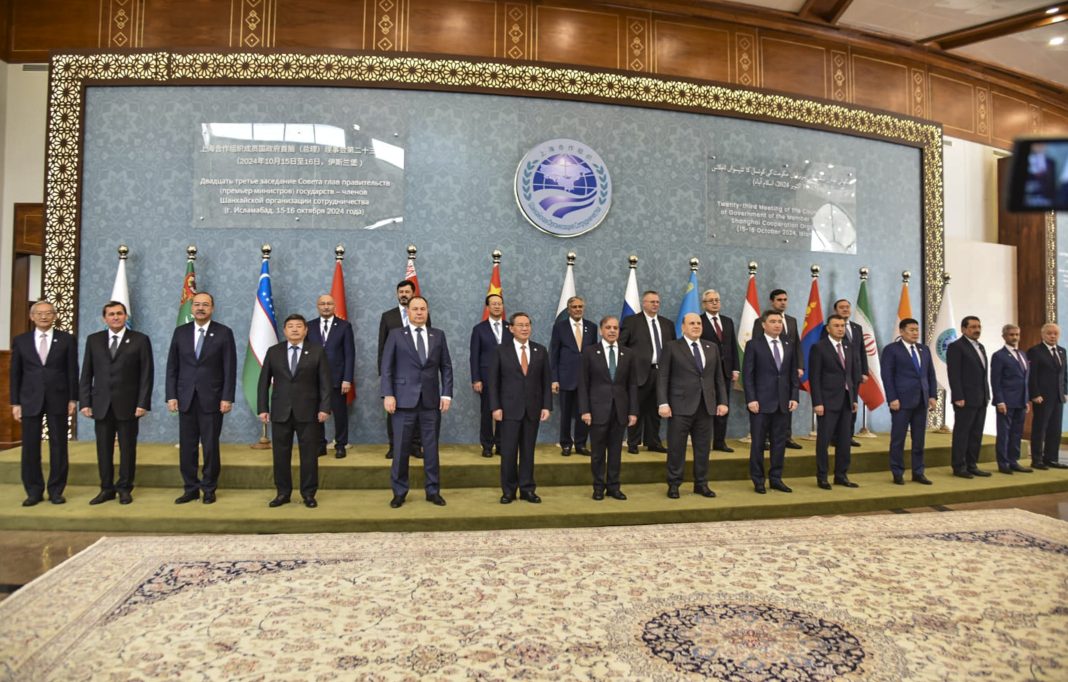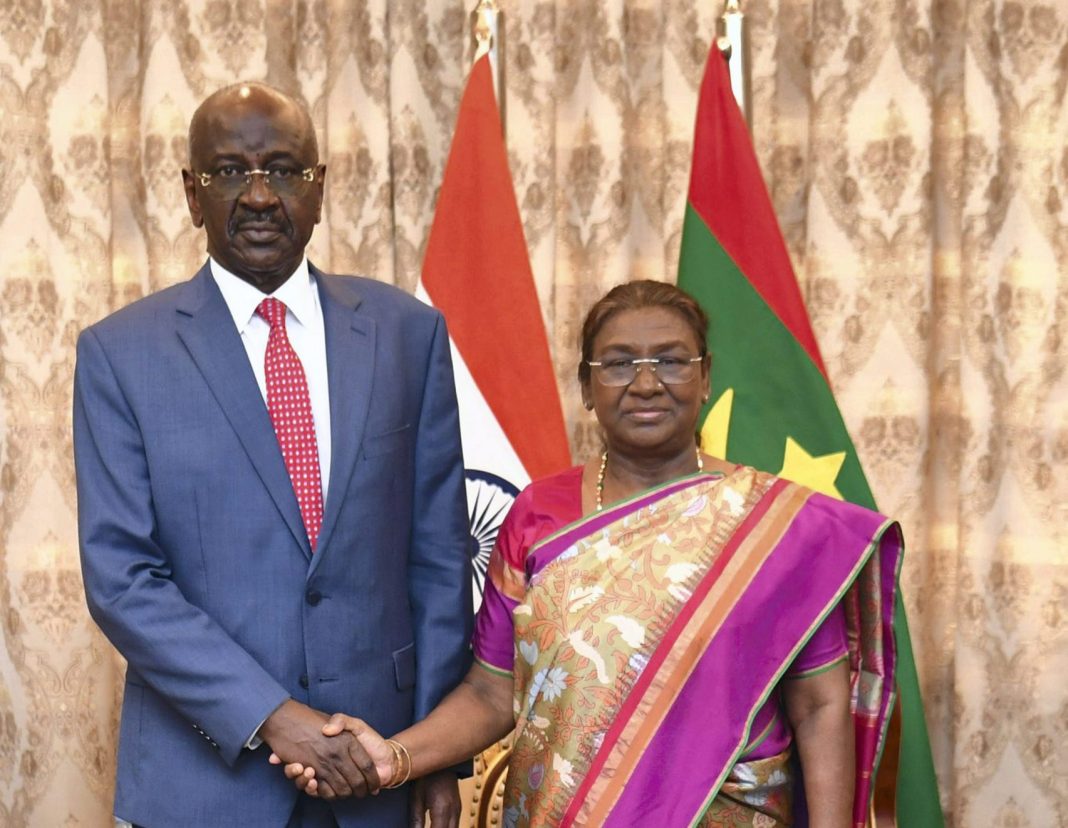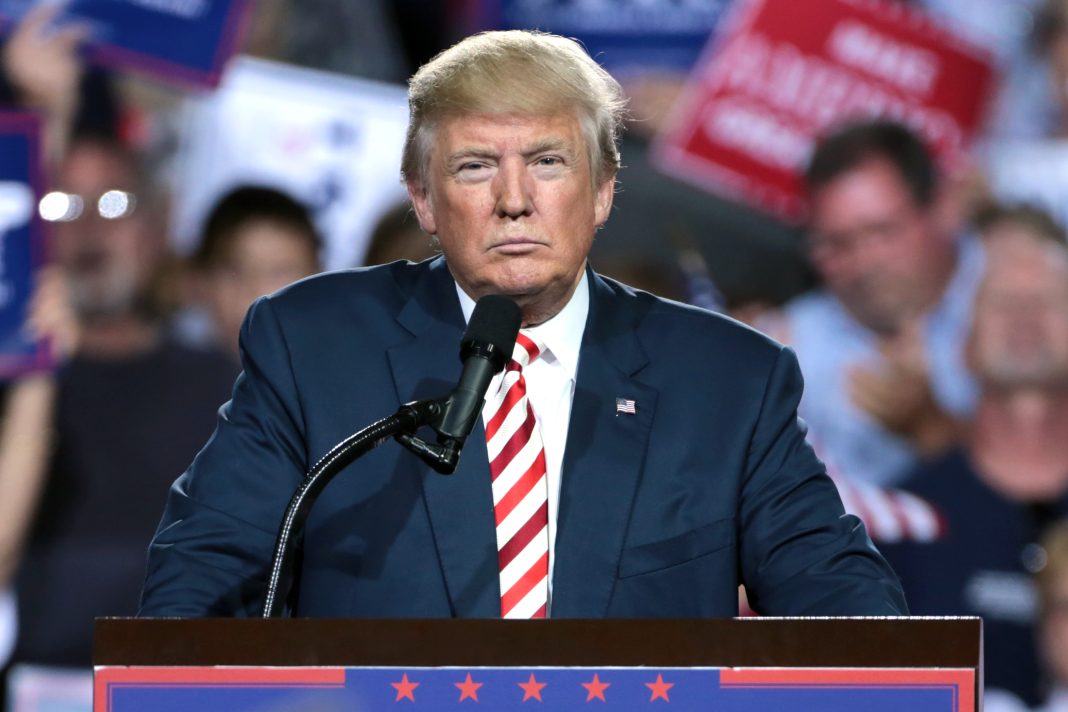Beijing/Islamabad , Oct 17: In an apparent reference to the abrogation of Article 370, China and Pakistan have both reaffirmed their opposition to unilateral actions and reiterated the need for resolution of all outstanding issues in the region.
A China-Pakistan joint statement issued in connection with Chinese Premier Li Qiang’s visit to Islamabad, referred to their stated position on the Kashmir issue and said it needs to be resolved in accordance with relevant international laws and bilateral agreements.
Premier Li, who was in Islamabad to attend the Shanghai Cooperation Organisation, (SCO) summit that ended on Wednesday, had reached early to hold bilateral talks and meetings with Pakistan’s civilian and military leadership amid increased instances of terror attacks on Chinese nationals.
The visit by Li, who also inaugurated the Chinese built Gwadar International Airport, is a first by a Chinese Premier in 11 years and came amid mounting concerns in Beijing over the recurring attacks by the Baloch militants on the Chinese nationals working in the scores of projects under USD 60 billion CPEC.
A China-Pakistan joint statement said: “The two sides reaffirmed the importance of maintaining peace and stability in South Asia and the need for resolution of all outstanding disputes, and their opposition to any unilateral action.”
Even as the Pakistani side briefed the Chinese side on the latest developments of the situation in Jammu and Kashmir, the Chinese side reiterated that the Jammu and Kashmir dispute “is left over from history, and should be properly and peacefully resolved in accordance with the UN Charter, relevant UN Security Council resolutions and bilateral agreements.”
However, the joint statement made no direct mention of the abrogation of Article 370 by India in August 2019. Pakistan has opposed the move that withdrew special powers of Jammu and Kashmir and bifurcated the state into two union territories while China has objected to the formation of Ladakh as a union territory saying it undermined its territorial sovereignty.
Li’s visit to Pakistan took place in the immediate aftermath of the suicide bomb attack by the BLA militants on a Chinese convoy resulting in the death of two and injuries to another.
In Beijing, commenting on the visit, Chinese Foreign Ministry spokesperson Mao Ning played down the speculation that the recurring militants attacks and the prevailing political chaos in Pakistan are impacting their bilateral strategic ties.
“China and Pakistan are all-weather strategic partners and have iron-clad friendship. … Premier Li Qiang had extensive and in-depth exchanges with leaders of the Pakistani government, parliament and military which achieved ‘positive results’,” she said.
Both sides agreed that the ironclad friendship between China and Pakistan has become stronger and stronger over time, she said.
“China reiterated that it would place China-Pakistan relations as a priority in China’s diplomacy,” she said, which is also part of the joint statement.
Mao said Islamabad emphasised that relations with China are the cornerstone of Pakistan’s foreign policy and friendship with China is a high degree of consensus among all sectors of Pakistani society.
Both sides agreed to continue to firmly support “each other’s core interests, strengthen high-level exchanges, work together on the road to achieving each other’s modernisation and national rejuvenation,” she added.
Ask whether China will provide security to hundreds of Chinese personnel working in China-Pakistan Economic Corridor (CPEC) projects, Mao said, “During Li’s visit, Pakistan promised to unswervingly increase security investment, strengthen security measures, and ensure the safety of Chinese personnel, projects and institutions in Pakistan.”
“China will firmly support Pakistan’s anti-terrorism efforts, and is willing to help Pakistan strengthen its anti-terrorism capacity building and work with Pakistan to create a safe environment for cooperation between the two countries,” she said.
Both sides also reiterated that they would combat terrorism with a ‘zero tolerance’ attitude.
China and Pakistan also agreed to deepen the docking of development strategies, jointly build an ‘upgraded version’ of the CPEC, accelerate the construction of major projects in the fields of railways, roads, ports. They also agreed to deepen practical cooperation in agriculture, mining, information technology, energy, economy and trade.
Don’t look at China’s initiative through narrow political prism: Sharif
Pakistan Prime Minister Shehbaz Sharif on Wednesday rooted for Beijing’s Belt and Road Initiative at the SCO summit here, saying such connectivity projects should not be viewed through a “narrow political prism” — an apparent reference to India’s reluctance to endorse it.
In his opening remarks at the Shanghai Cooperation Organisation summit, he said efforts like China’s Belt and Road Initiative and the China-Pakistan Economic Corridor, which is a part of the larger project, should be expanded.
India has shown little enthusiasm for the China’s “unilateral” initiative. And it has repeatedly criticised the China-Pakistan corridor for violating its territorial integrity as it involves building infrastructure in Pakistan-Occupied Kashmir.
Indirectly challenging India’s position, Sharif said, “Let us not look at such projects through the narrow political prism, and invest in our collective connectivity capacities which are crucial to advancing the shared vision of an economically integrated region.”
The Pakistan prime minister urged member states to strengthen the SCO framework to tackle regional challenges and affirmed Pakistan’s “commitment to regional peace, stability and enhanced connectivity and sustainable socio-economic development”.
Sharif urged the leaders to use the SCO meeting to “exchange ideas, share best practices and forge concrete action plans that will benefit our economies and societies”. He expressed hope that “wonderful outcomes that will emerge from our in-depth deliberations”.
He called for collective efforts to eradicate poverty. “Poverty is not just a social issue but a moral imperative,” he said.
He said it is time to tackle the threat of the climate change sweeping across the region.
“Climate change is an existential crisis that transcends our borders and its impacts are felt universally,” the Pakistani leader said.
He said Pakistan was on the frontline of disasters linked with climate change, as shown by 2022 floods that affected millions of people and caused losses worth USD30 billion.
There was no direct reference in his speech to bilateral issues with India. (PTI)




